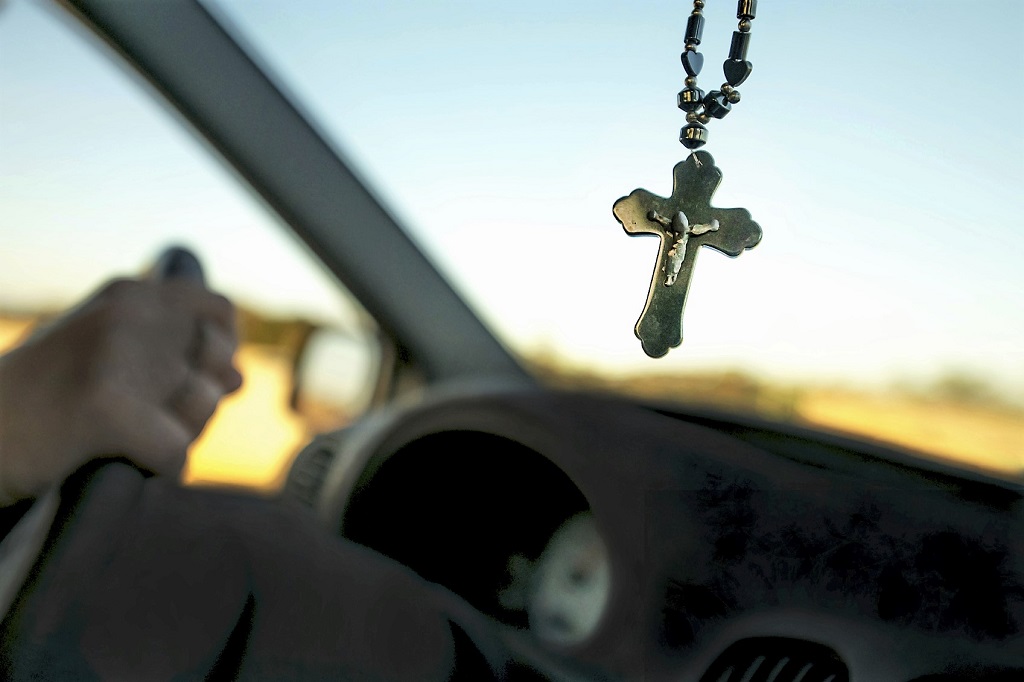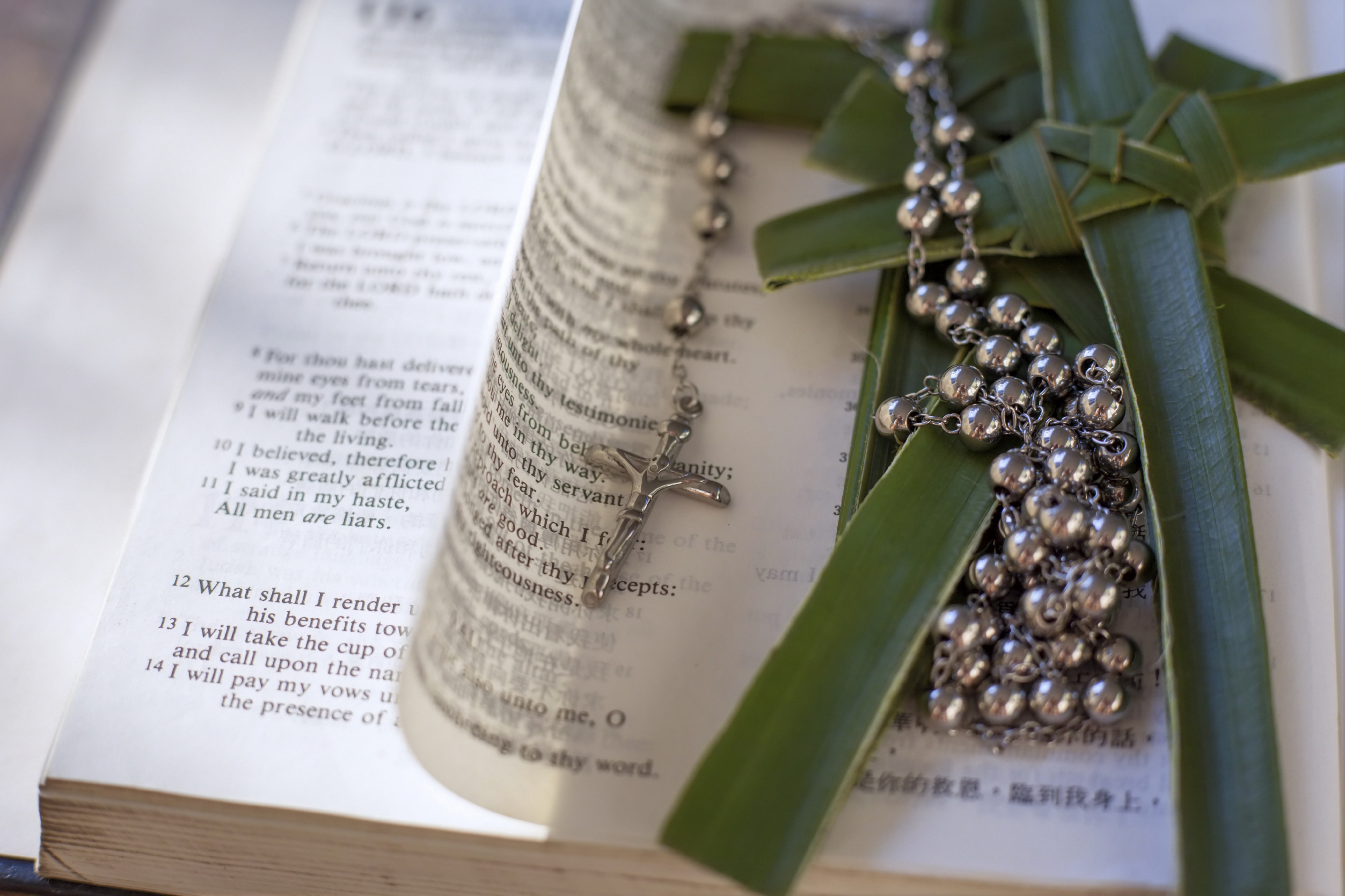“Joy” is a great word, isn’t it? It bubbles up in us thoughts of great delight: a baby laughing, a wedding, a pleasurable meal shared with those we love.
“Joy” and “happiness” are not the same, although we often use those words interchangeably. Happiness depends on circumstances. We are happy because we have “something” or we’ve been given “something”. Happiness, frankly, is fleeting. It comes and goes.
Joy is abiding. It is a way of life. It permeates all we do. Joy does not depend on circumstances or what we have.
One of the first things that Pope Francis gifted us with was his Apostolic Exhortation, The Joy of the Gospel. He says:
There are Christians whose lives seem like Lent without Easter. I realize of course that joy is not expressed the same way at all times in life, especially at moments of great difficulty. Joy adapts and changes, but it always endures, even as a flicker of light born of our personal certainty that, when everything is said and done, we are infinitely loved. I understand the grief of people who have to endure great suffering, yet slowly but surely we all have to let the joy of faith slowly revive as a quiet yet firm trust, even amid the greatest distress. [para. 6]
We acknowledge that our lives are touched by grief. We are burdened with responsibilities and sin. But we are called by the Gospel, the Good News. Faith creates joy, that quiet, firm trust in Christ Jesus and His promise of eternal life.
St. Paul says, in Romans 15:13: May the God of hope fill you with all joy and peace in believing, so that you may abound in hope by the power of the holy Spirit.
We must challenge ourselves to live our faith with joy. Our hope, our faith means our lives are rooted, planted solidly, on joy. Be joyful! Christ is risen, alleluia, alleluia!



